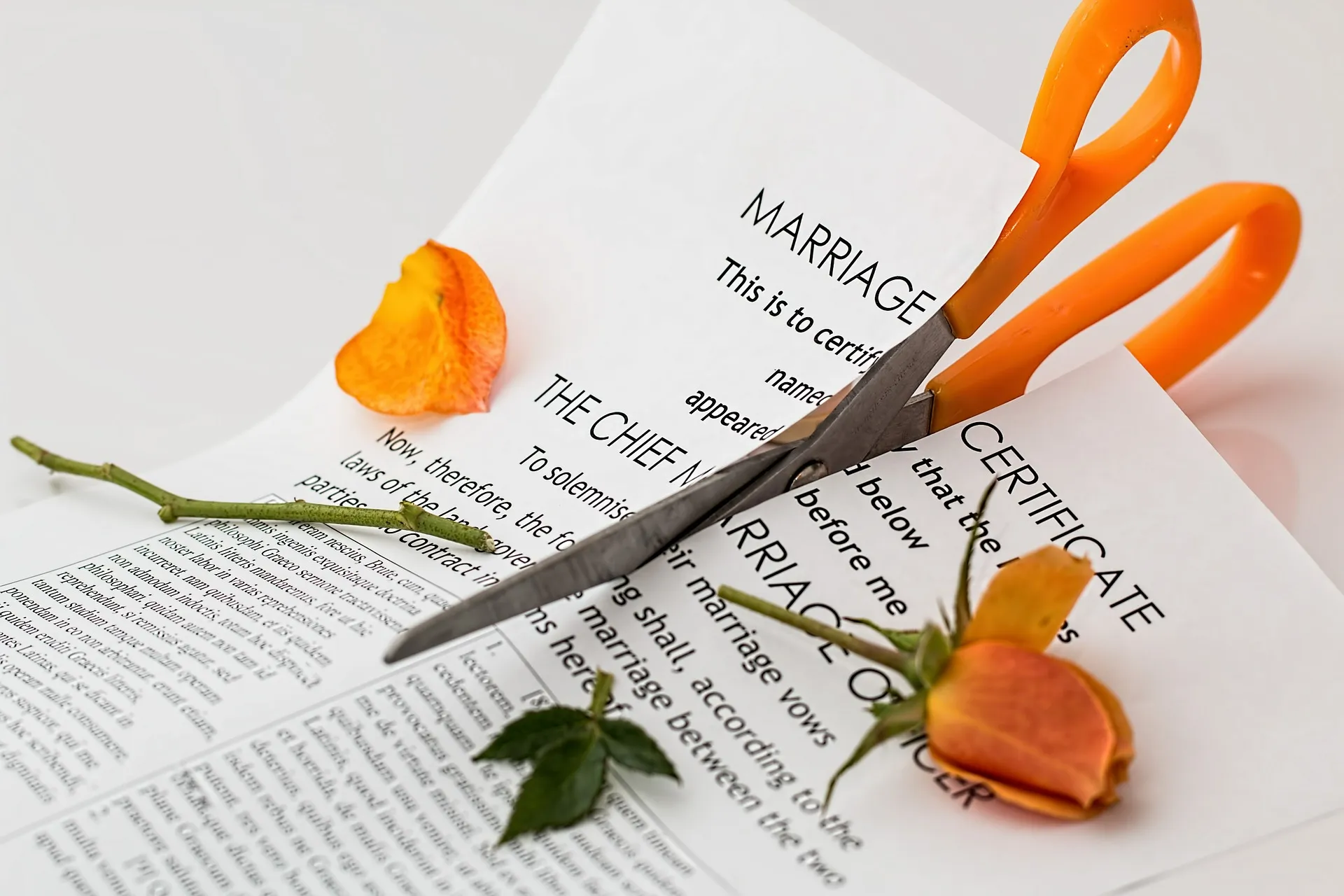How to Find the Best Personal Injury Lawyer for Your Case
When you’ve been injured due to someone else’s negligence, hiring the best personal injury lawyer is essential to ensure you receive fair compensation. These legal professionals can help you navigate the complexities of insurance claims, medical bills, and legal procedures. With thousands of lawyers advertising their services, it can be overwhelming to choose the right one. This post will walk you through everything you need to know to find the ideal lawyer for your case, what questions to ask, and the red flags to avoid.
What Does a Personal Injury Lawyer Do?
A personal injury lawyer specializes in representing victims of accidents or injuries caused by someone else’s negligence. Their main responsibility is to fight for financial compensation to cover:
- Medical bills (current and future)
- Lost wages and reduced earning potential
- Pain and suffering
- Property damage
- Emotional distress
In addition to handling negotiations with insurance companies, a personal injury lawyer gathers evidence, interviews witnesses, reviews medical records, and consults with experts. If the case cannot be resolved through a settlement, they are prepared to file a lawsuit and represent you in court.
Check Out: 5 Top Boat Insurance Providers in the USA
Some common types of cases they handle include:
- Auto accidents (car, truck, and motorcycle)
- Medical malpractice
- Slip-and-fall accidents
- Workplace injuries
- Product liability cases (injuries from defective products)
Qualities of the Best Personal Injury Lawyers
Not all lawyers are created equal, and finding the right one requires focusing on a few essential qualities:

1. Specialized Experience
Look for a lawyer who specializes in personal injury law and has handled cases similar to yours. An attorney who has expertise in car accidents, for example, will have a better understanding of relevant state laws and insurance company tactics.
2. Proven Success Record
A good lawyer should have a history of winning significant settlements and verdicts for clients. Ask about previous cases similar to yours and the outcomes they achieved.
3. Excellent Communication Skills
Your lawyer should be accessible, responsive, and willing to explain legal jargon in simple terms. Frequent updates and clear communication are key to a positive attorney-client relationship.
4. Trial Experience
While most cases settle out of court, it’s essential to choose a lawyer with trial experience. If negotiations fail, an attorney comfortable in the courtroom can pressure the opposing side into offering a better settlement.
5. Network of Experts
Top lawyers often collaborate with medical professionals, accident reconstruction specialists, and financial planners to build a strong case and accurately estimate damages.
Questions to Ask Before Hiring a Lawyer
Before signing a contract, ask potential lawyers the following questions to assess their fit:
- What is your fee structure?
Most personal injury lawyers work on a contingency fee basis—you don’t pay unless they win. Standard fees range from 25-40% of the final settlement or verdict. - Have you handled cases like mine before?
Look for lawyers with relevant experience. If you were injured in a truck accident, you want someone who understands the complex laws and regulations governing commercial vehicles. - What is the expected timeline for my case?
Personal injury cases can take months or years to resolve. A lawyer should be able to provide a rough estimate of the time required based on their experience. - How often will you communicate with me?
Make sure the lawyer provides regular updates and is available to answer questions when needed. Some firms assign cases to junior staff—ask who will be your primary point of contact. - What’s your strategy for my case?
Understanding the lawyer’s approach will help you decide if their strategy aligns with your expectations.
Red Flags to Avoid
Check Out: Choosing the Right Divorce Attorney
Hiring the wrong lawyer can lead to a frustrating experience or even jeopardize your case. Watch out for these red flags:
- Unrealistic promises: Be cautious of lawyers who guarantee a specific settlement amount—it’s impossible to predict an exact outcome.
- Lack of transparency about fees: If the lawyer avoids discussing costs upfront, it could indicate hidden fees or unfavorable terms.
- Poor online reputation: Check reviews and client testimonials to ensure the lawyer has a solid track record. Also, review their disciplinary history with the state bar association.
- Unresponsive or unavailable: If the lawyer takes too long to respond to inquiries during your consultation, that could signal poor communication throughout the case.
The Process of Hiring a Personal Injury Lawyer
Once you’ve identified a few potential lawyers, follow these steps:
- Schedule Consultations: Most personal injury lawyers offer free consultations to evaluate your case. Take advantage of this to ask questions and assess their fit.
- Review the Contract: Carefully read the retainer agreement to understand the fee structure and any additional costs.
- Check Credentials: Confirm that the lawyer is licensed and in good standing with your state’s bar association.
- Evaluate Comfort Level: You’ll work closely with this lawyer, so it’s important to feel comfortable and confident in their ability to represent you.
Conclusion: Why Hiring the Best Personal Injury Lawyer Matters
Choosing the right personal injury lawyer can be the difference between a fair settlement and financial hardship. An experienced, well-connected lawyer will guide you through the legal process, negotiate aggressively with insurance companies, and represent you effectively in court if needed.
Take your time to research, schedule consultations, and ask the right questions. A good lawyer will not only fight for your compensation but also reduce your stress by handling the legal complexities on your behalf. With the right legal representation, you can focus on recovery while your lawyer fights for the justice you deserve.





